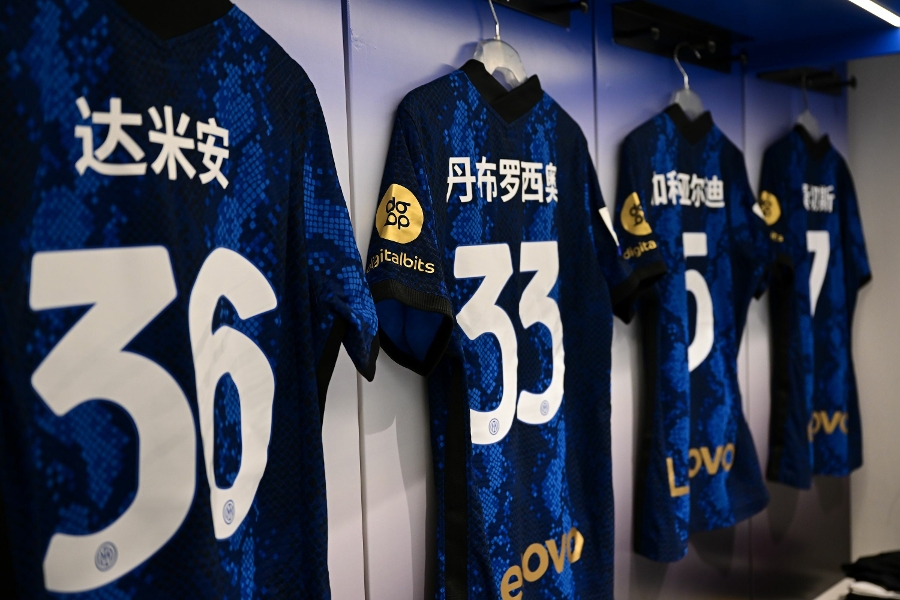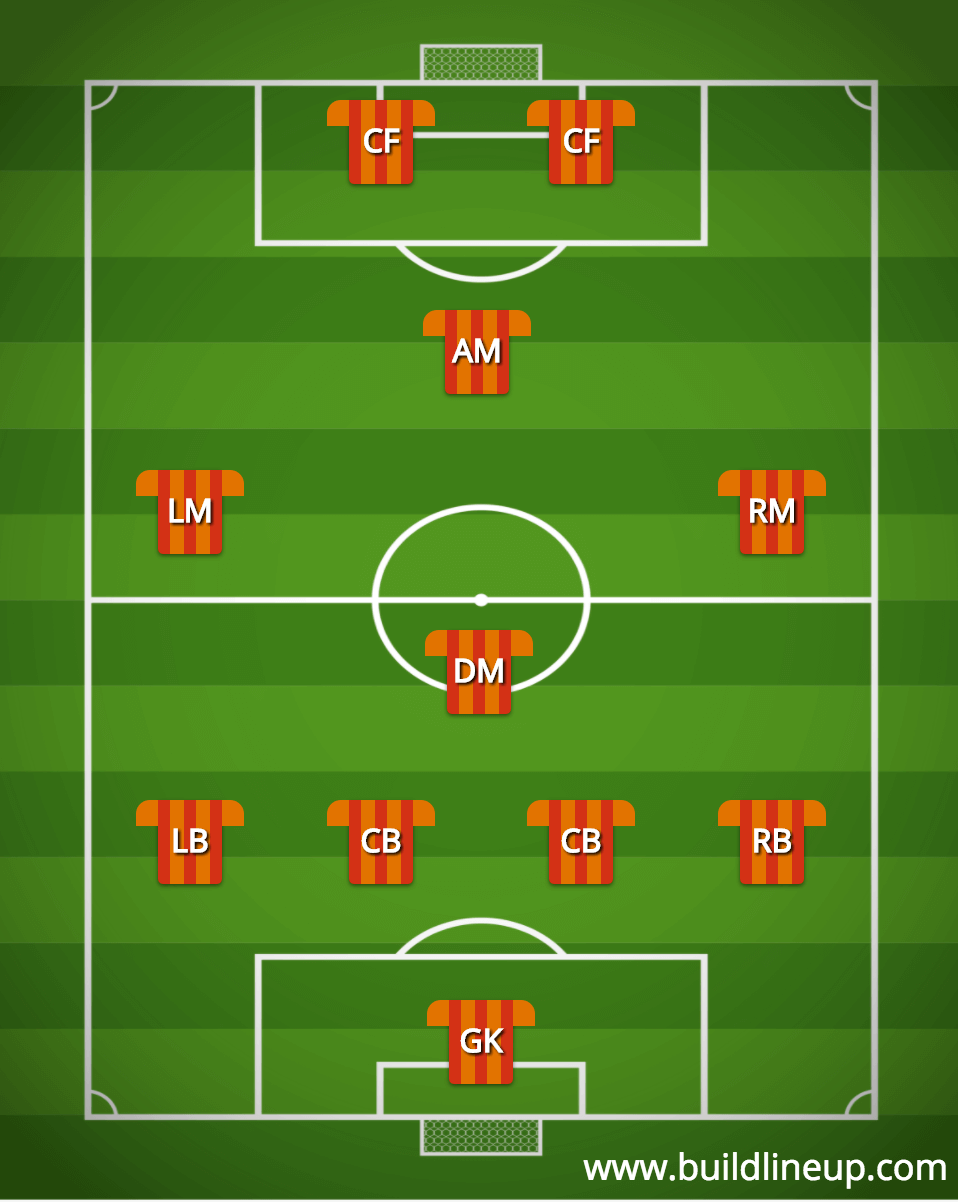
If you think that your top job as a coach should be to win games then you aren't a good one. You might have two sets or more rules than your players. These are just a few examples of bad coaching. Learn more about how bad coaching can affect the success of his team. What are the indicators of a bad coach and how can they make their team less successful? This article is intended to provide you with some useful advice.
If you think your greatest job as coach is to win the games, you aren't a good coach
It's very easy to become obsessed with winning games - you think that winning the game is your most important job as a coach. But winning is only part of what you do as a coach. Your job as a coach will be a success if your passion is for your athletes and your willingness to learn. If your sole purpose as a coach is winning games, you won't be doing your job right.
A coach who is a good coach helps players learn and grow. The coach should have boundaries and limits in order to discourage players from picking on one another. A good coach will respect his athletes and treat them with respect. A good coach is one who respects his team's members and does not play games.
You are NOT a good coach when you put the outcome in front of the well-being of your players
Pre-adolescent and adolescent athlete should be treated with respect by a coach. Good teachers value their students regardless if they are in a position of power or fame. Respect for coaches comes from daily behavior and over time. You're NOT a good coach if you put the outcome of a competition in front of the welfare of your players.

Good coaches are fair to all athletes. They don't play favorites or punish their underclassmen. Those coaches also don't let their players tell their parents that they're not being treated fair and don't deserve to play. Favoritism can lead to poor performance, discourage parents from attending practice, and make athletes feel uncomfortable.
FAQ
How can I tell if my son or daughter is ready to begin playing soccer?
As soon as children are able kick or throw a football into the air, it is time to start playing soccer. They should also be able to run after the ball and catch it. If your child is interested in playing soccer, make sure he/she follows all safety guidelines before joining a league.
What does a goalie in soccer do?
Goalies are responsible in keeping the ball out of the opponents' net. Goalies use their hands, feet, and head to stop the ball from entering the net.
What is a corner kicked in soccer?
Corner kicks occur when the ball's kick is kicked from the sideline into the goal area. They are usually taken by players who have been playing on the wing (side) of the pitch. The player takes the shot while running towards penalty box. Corner kicks can be one of the most exciting aspects of soccer, as they provide scoring opportunities.
How many people are involved in soccer?
Soccer is played by more than 200 millions people around the world. About 20 million people play soccer in the United States alone.
Statistics
- the estimated cumulative television audience for the 2006 World Cup in Germany was 26.2 billion, an average of 409 million viewers per match. (en.wikipedia.org)
- They are not just good at dribbling because they are talented alone, but because they put in 100% effort during every practice. (coachtube.com)
- The word "soccer" is a British invention that British people stopped using only about 30 years ago, according to a new paper by University of Michigan professor Stefan Szymanski. (businessinsider.com)
- the estimated cumulative television audience for the 2006 World Cup in Germany was 26.2 billion, an average of 409 million viewers per match." (en.wikipedia.org)
- After hosting an entertaining World Cup finals in 1994, the United States possessed some 16 million football players nationwide, up to 40 percent of whom were female. (britannica.com)
External Links
How To
How to dribble your soccer ball
Dribbling is a crucial skill in soccer, which is played all around the globe. Dribbling means passing the ball accurately and quickly while keeping your head up. You must be proficient in passing the ball to others. This is one of football's most important skills. The best players use their heads and feet at the same time to keep control of the ball.
To improve your dribbling skills, you should practice every day. To see how you do when you are being stopped, practice dribbling under pressure. You might also consider balancing against a wall.
There are many ways to throw the ball. Some players like to move forward with the ball, others prefer to start from behind and then go forward. A few players even try to spin the ball while dribbling.
It is a good idea to watch professional soccer matches on TV if you are just starting to dribble. Take a close look at the action to see the techniques used by the top players. Next, practice the moves on the screen. Once you feel ready, play a game with your friends. Try to get them to stop you.